But now he is behind bars, and his story reflects the final days of the crumbling caliphate.
Islamic State never negotiates. Uncompromising, murderous – this is an enemy that plays by a different set of rules.
At least that’s how the myth goes.
But in Raqqa, it behaved no differently from any other losing side. Cornered, exhausted and fearful for their families, IS fighters were bombed to the negotiating table on 10 October.
“Air strikes put pressure on us for almost 10 hours. They killed about 500 or 600 people, fighters and families,” says Abu Musab Huthaifa.
Footage of the coalition air strike that hit one neighbourhood of Raqqa on 11 October shows a human catastrophe behind enemy lines. Amid the screams of the women and children, there is chaos among the IS fighters. The bombs appear especially powerful, especially effective. Activists claim that a building housing 35 women and children was destroyed. It was enough to break their resistance.
Contains distressing material
“After 10 hours, negotiations kicked off again. Those who initially rejected the truce changed their minds. And thus we left Raqqa,” says Abu Musab.
There had been three previous attempts to negotiate a peace deal. A team of four, including local Raqqa officials, now led the talks. One brave soul would cross the front lines on his motorbike relaying messages.
“We were only to leave with our personal weapons and leave all heavy weapons behind. But we didn’t have heavy weapons anyway,” Abu Musab says.
Now in jail on the Turkish-Syrian border, he has revealed details of what happened to the convoy when it made it safely to IS territory.
He says the convoy went to the countryside of eastern Syria, not far from the border with Iraq.
Thousands escaped, he says.
Abu Musab’s own attempted escape serves as a warning to the West of the threat from those freed from Raqqa.
How could one of the most notorious of IS chiefs escape through enemy territory and almost evade capture?
“I remained with a group which had set its mind on making its way to Turkey,” Abu Musab says.
Islamic State members were wanted by everyone else outside the group’s shrinking area of control; that meant this small gathering had to pass through swathes of hostile territory.
“We hired a smuggler to navigate us out of SDF-controlled areas,” Abu Musab says.
At first it went well. But smugglers are an unreliable lot. “He abandoned us midway. We were left to fend for ourselves in the midst of SDF areas. From then on, we disbanded and it was every man for himself,” says Abu Musab.
He might have made it to safety if only he’d paid the right person or maybe taken a different route.
The other path is to Idlib, to the west of Raqqa. Countless IS fighters and their families have found a haven there. Foreigners, too, also make it out – including Britons, other Europeans and Central Asians. The costs range from $4,000 (£3,000) per fighter to $20,000 for a large family.
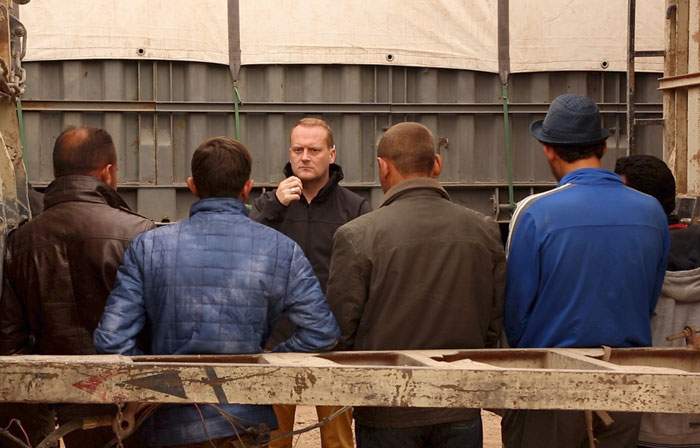
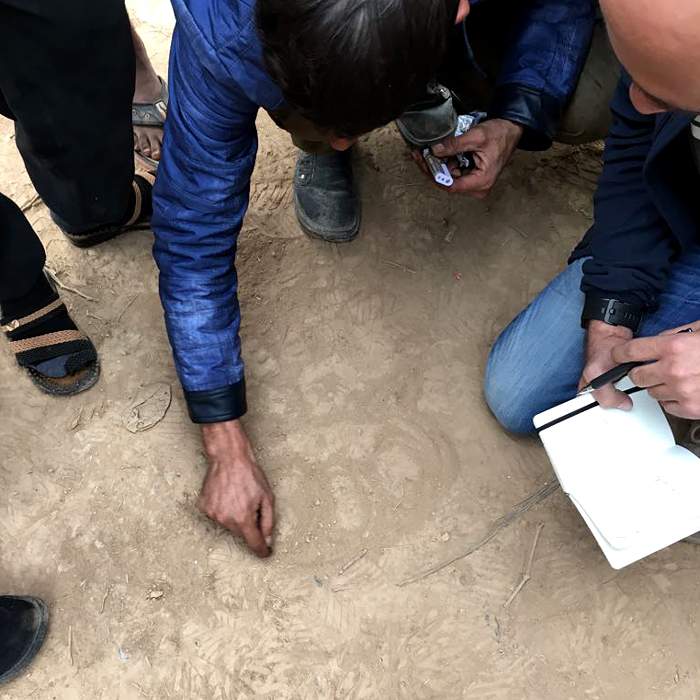
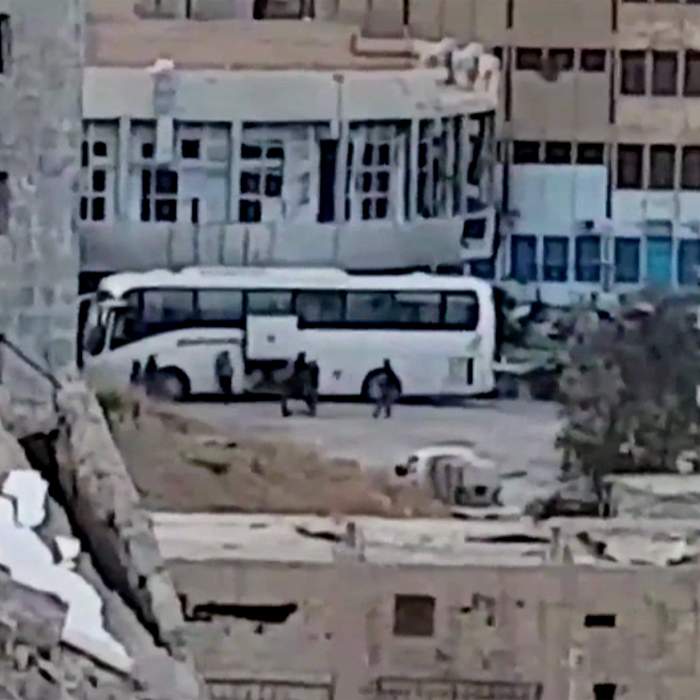
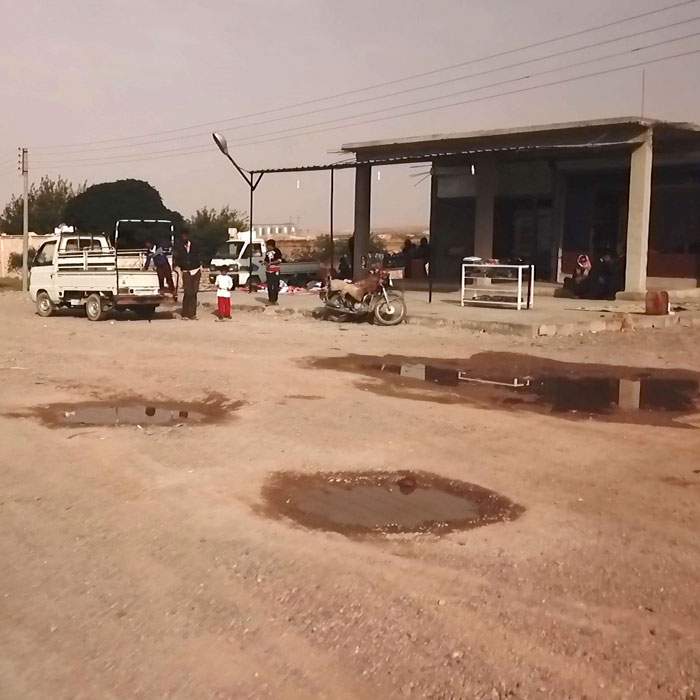
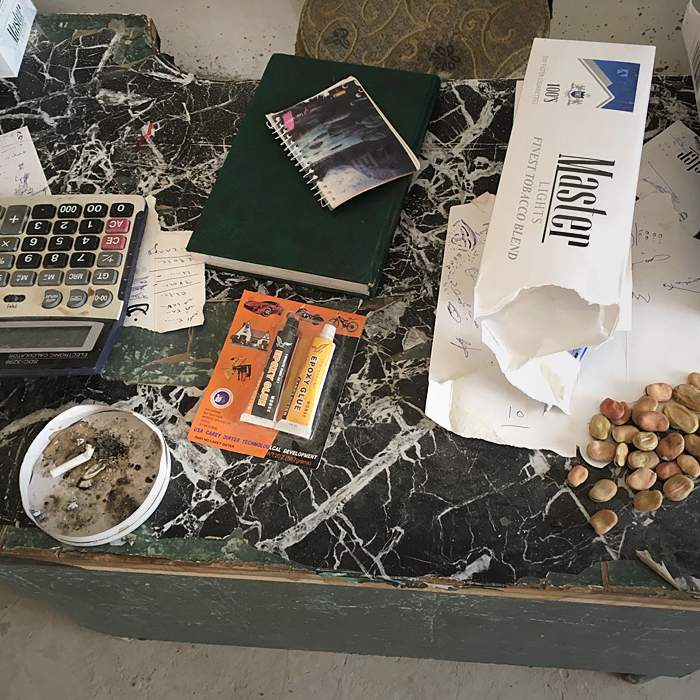
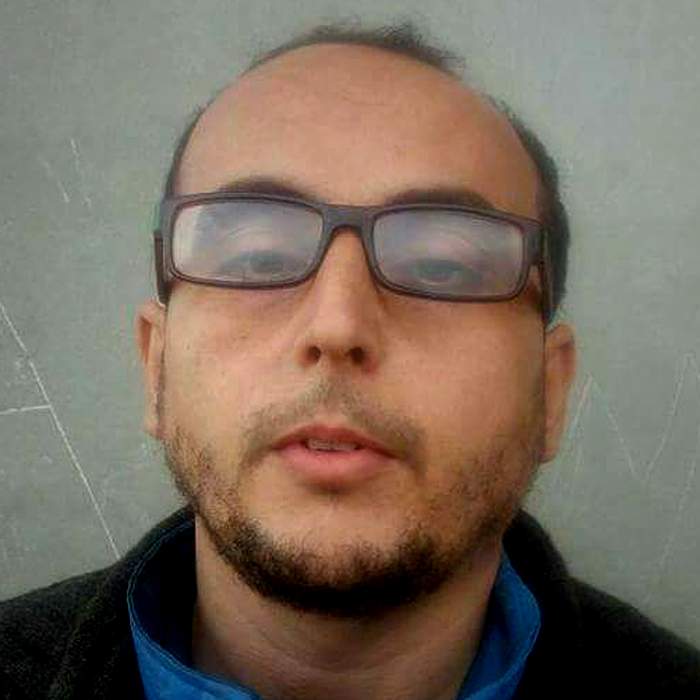
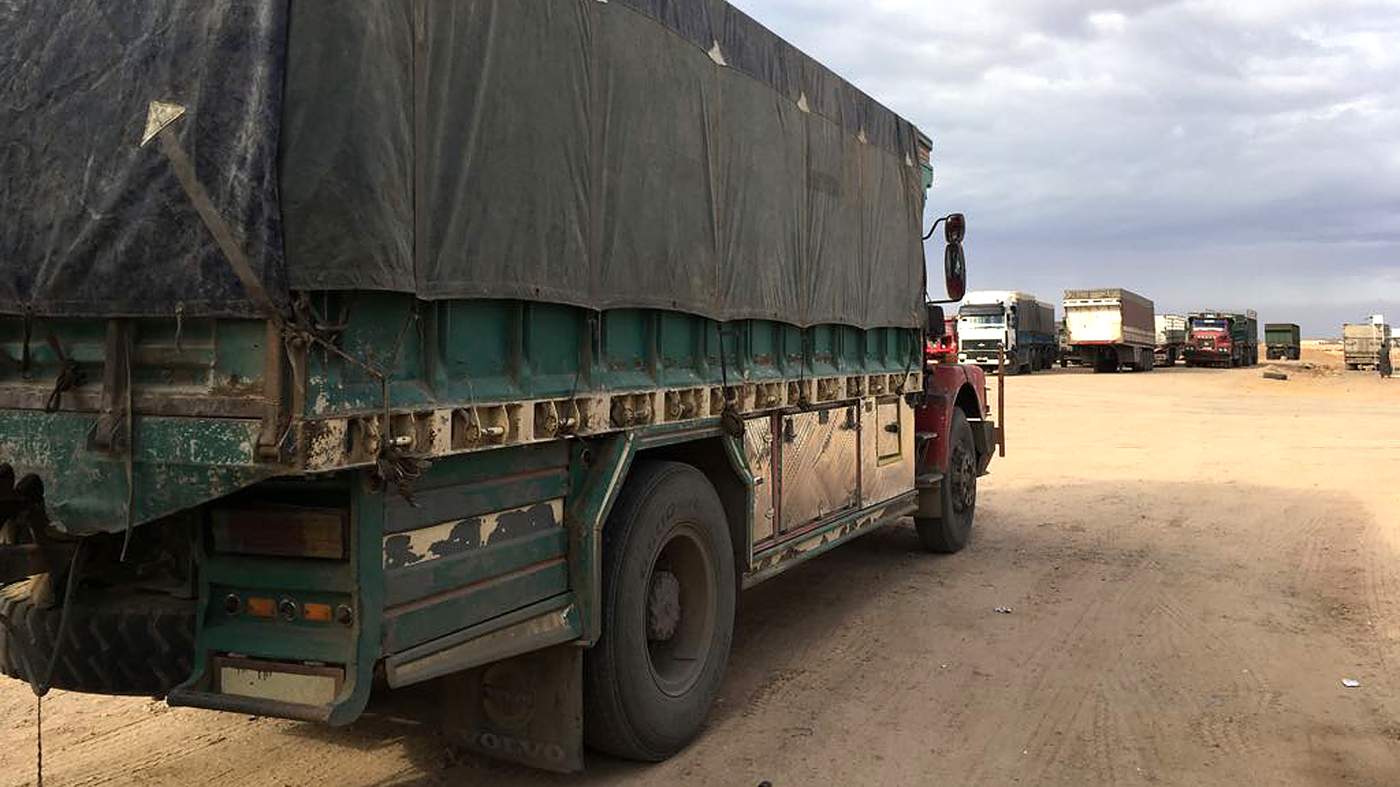
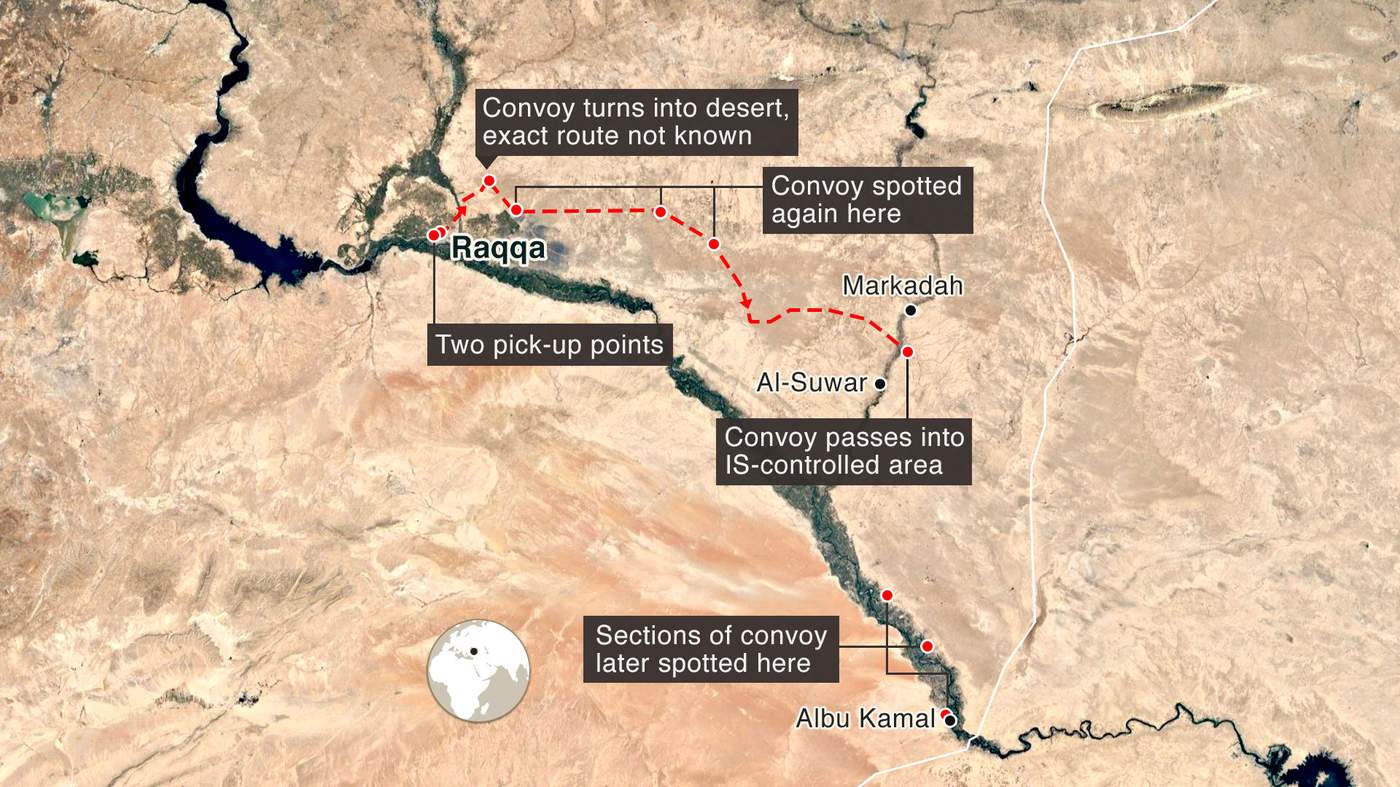
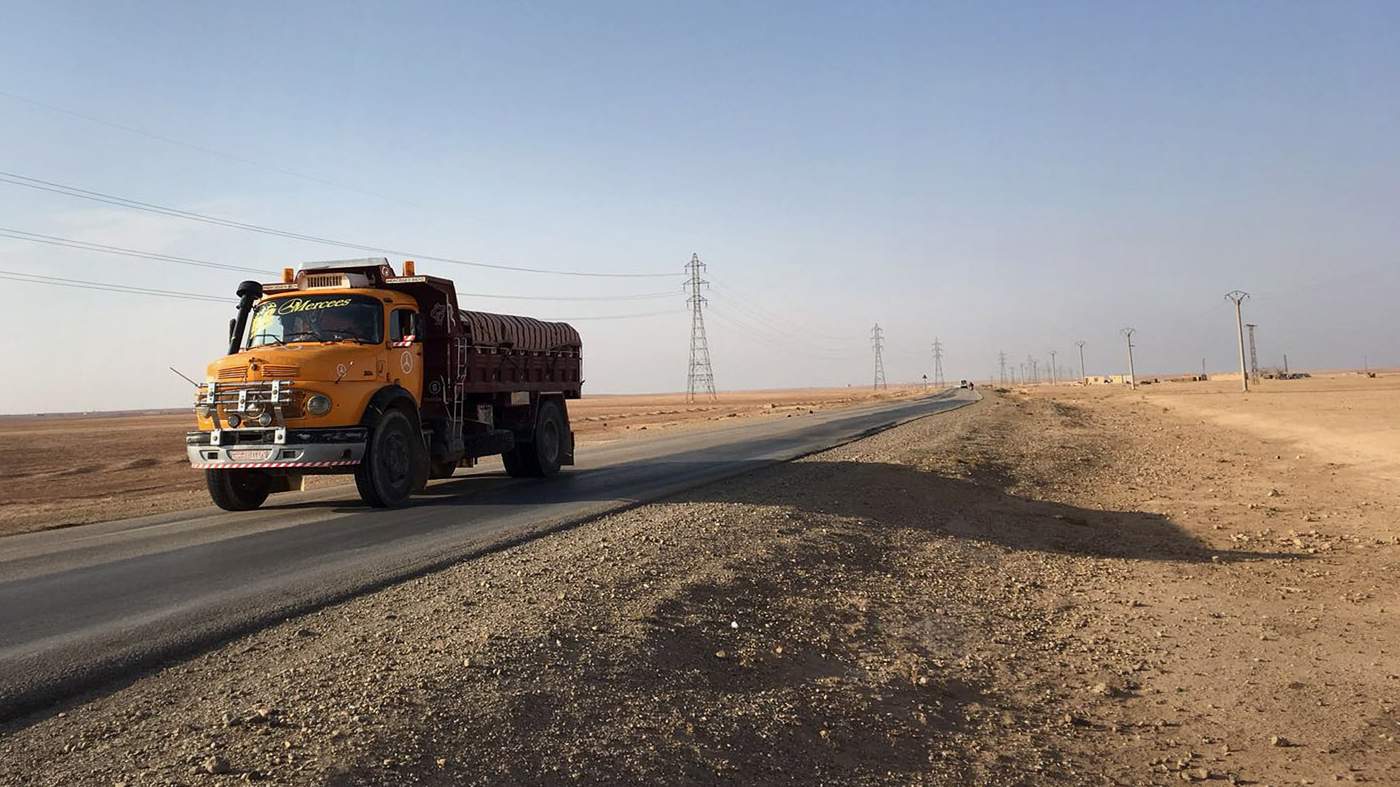
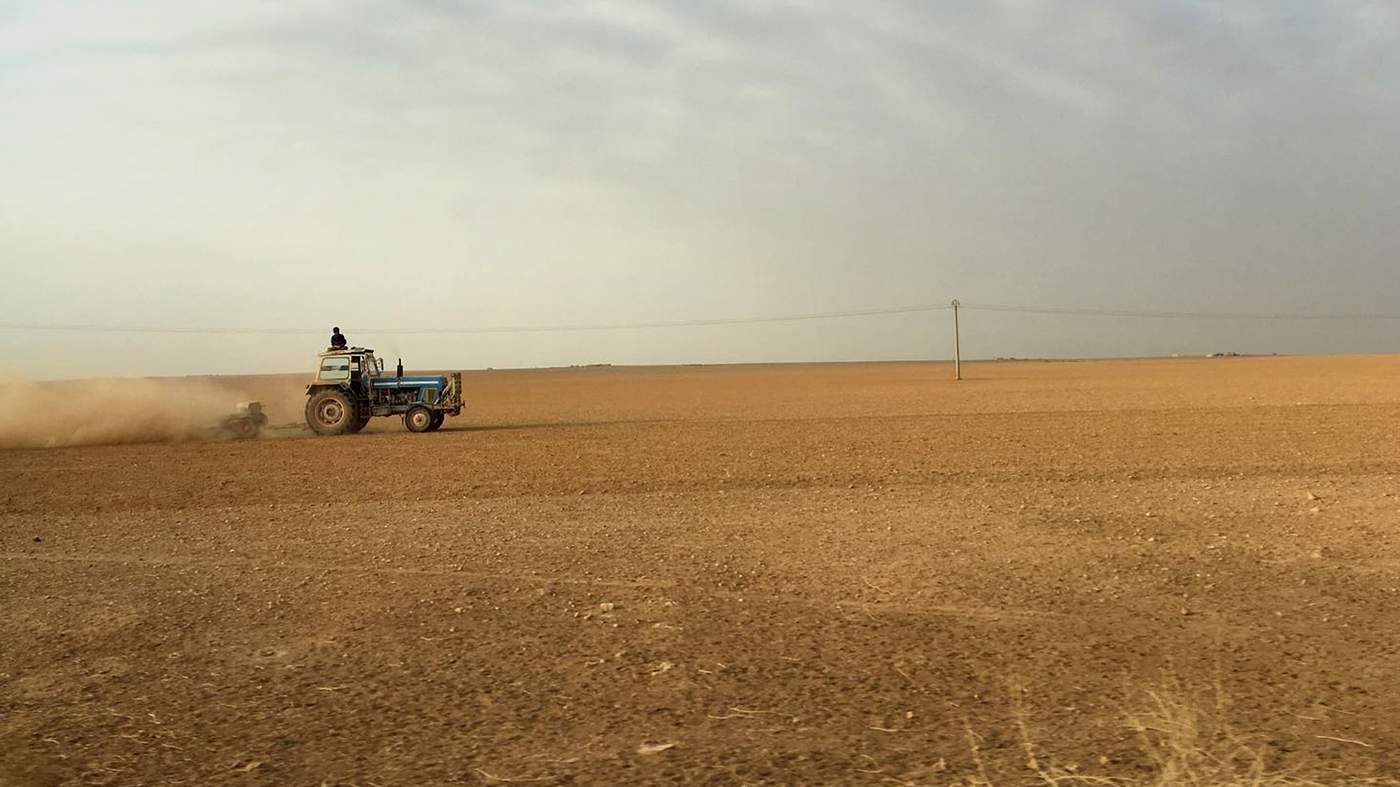
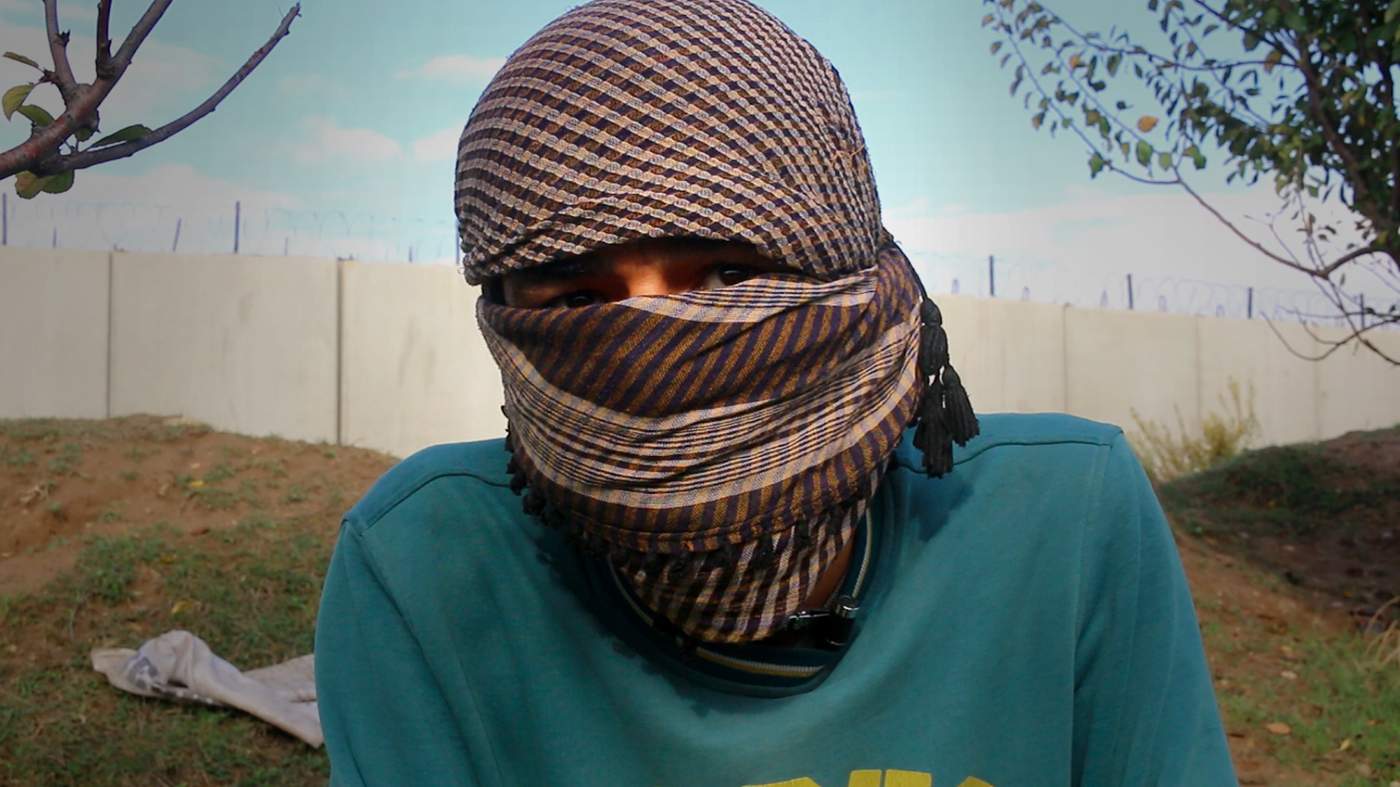
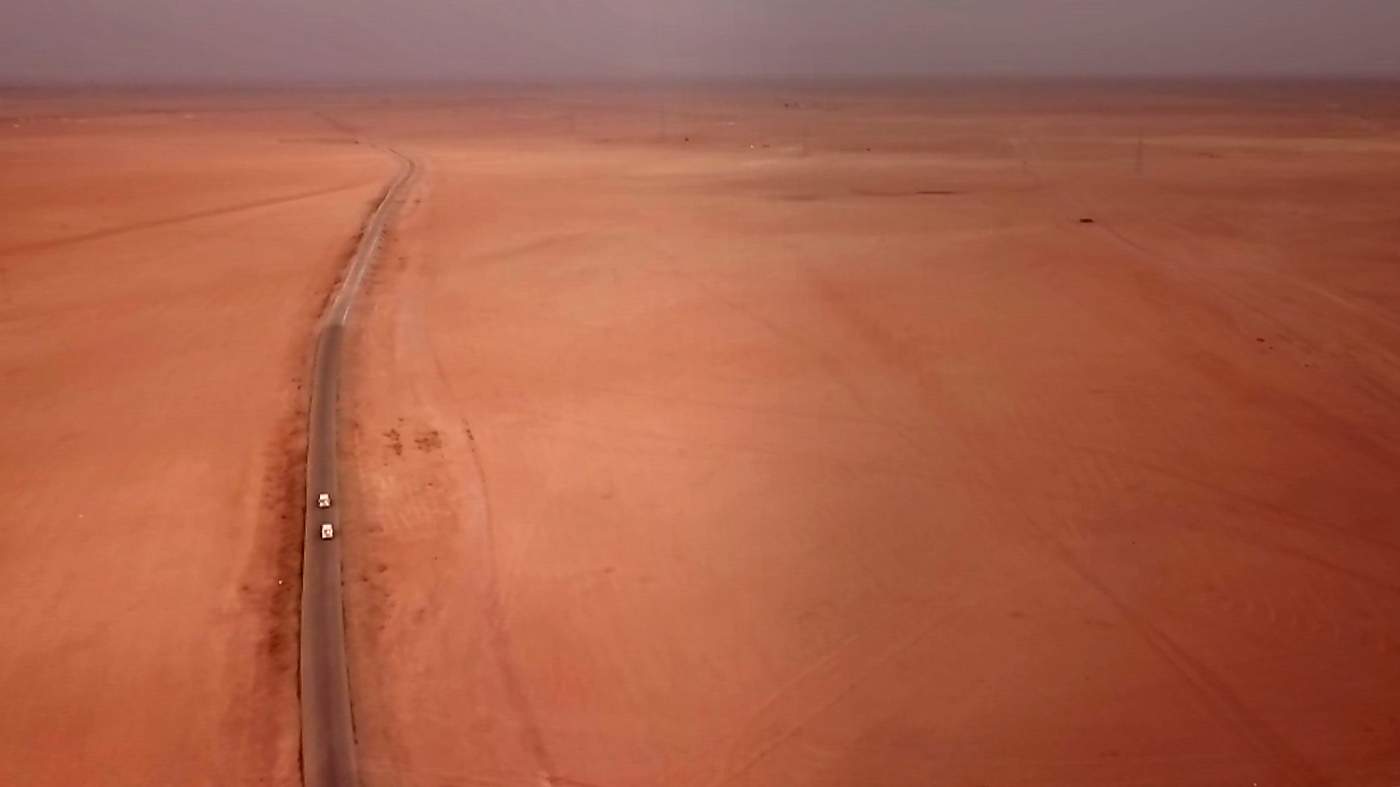
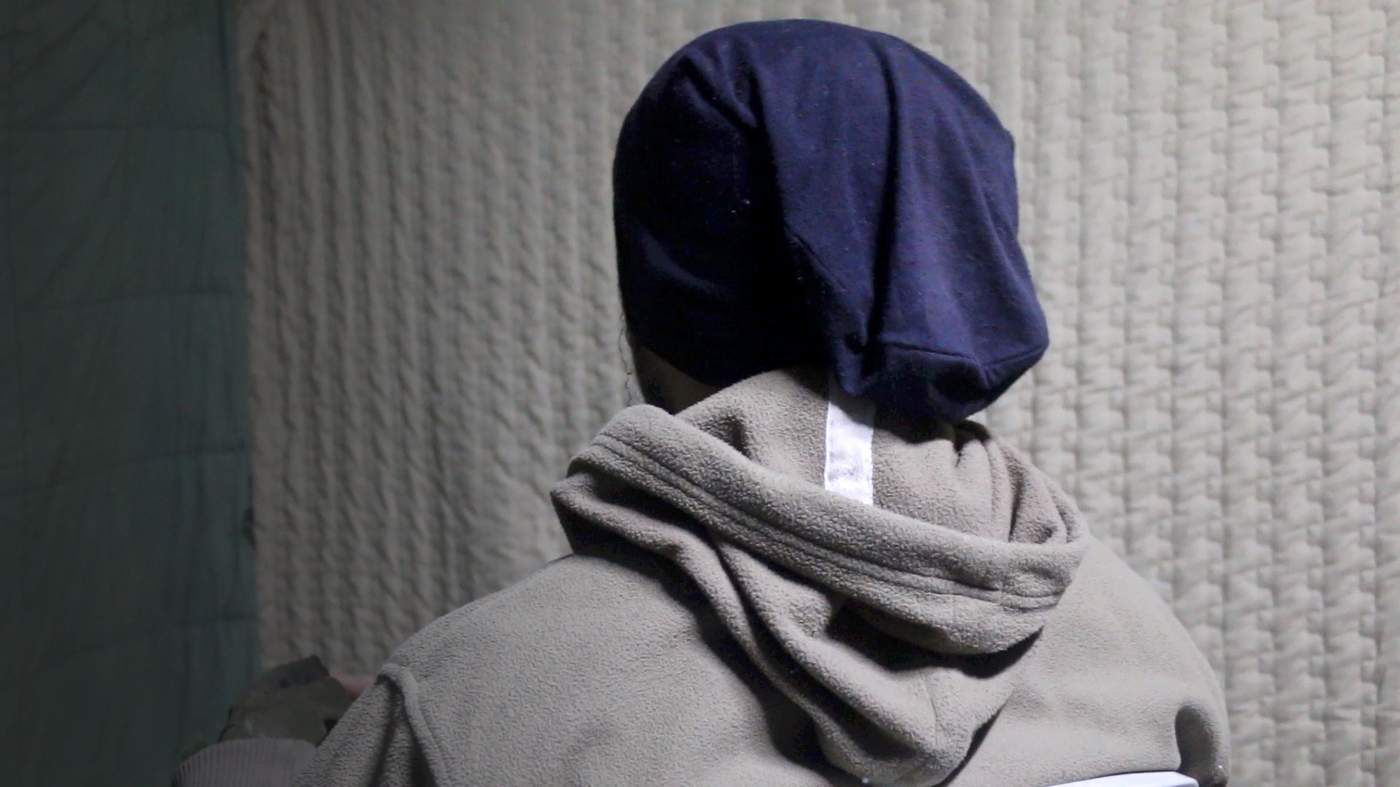











No comments:
Post a Comment